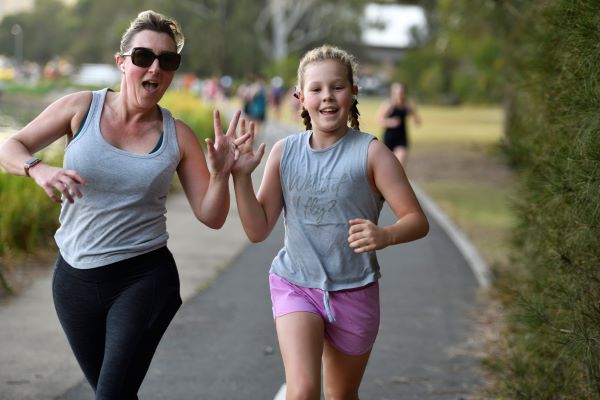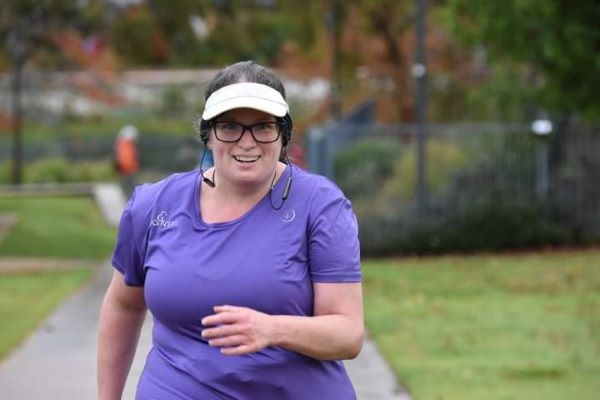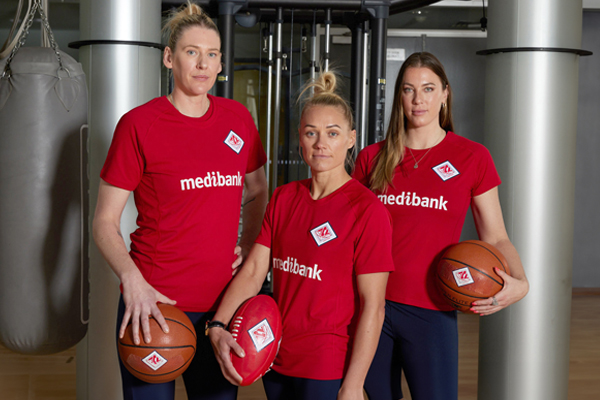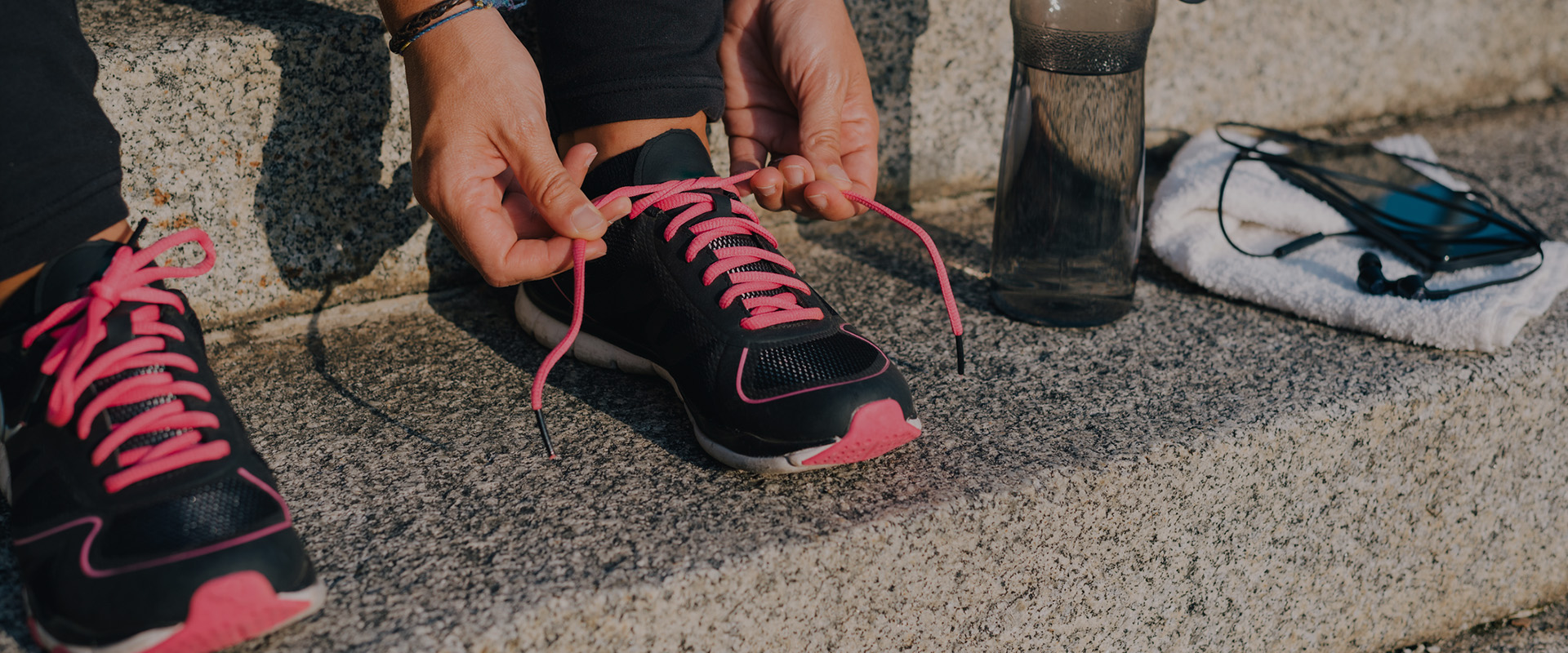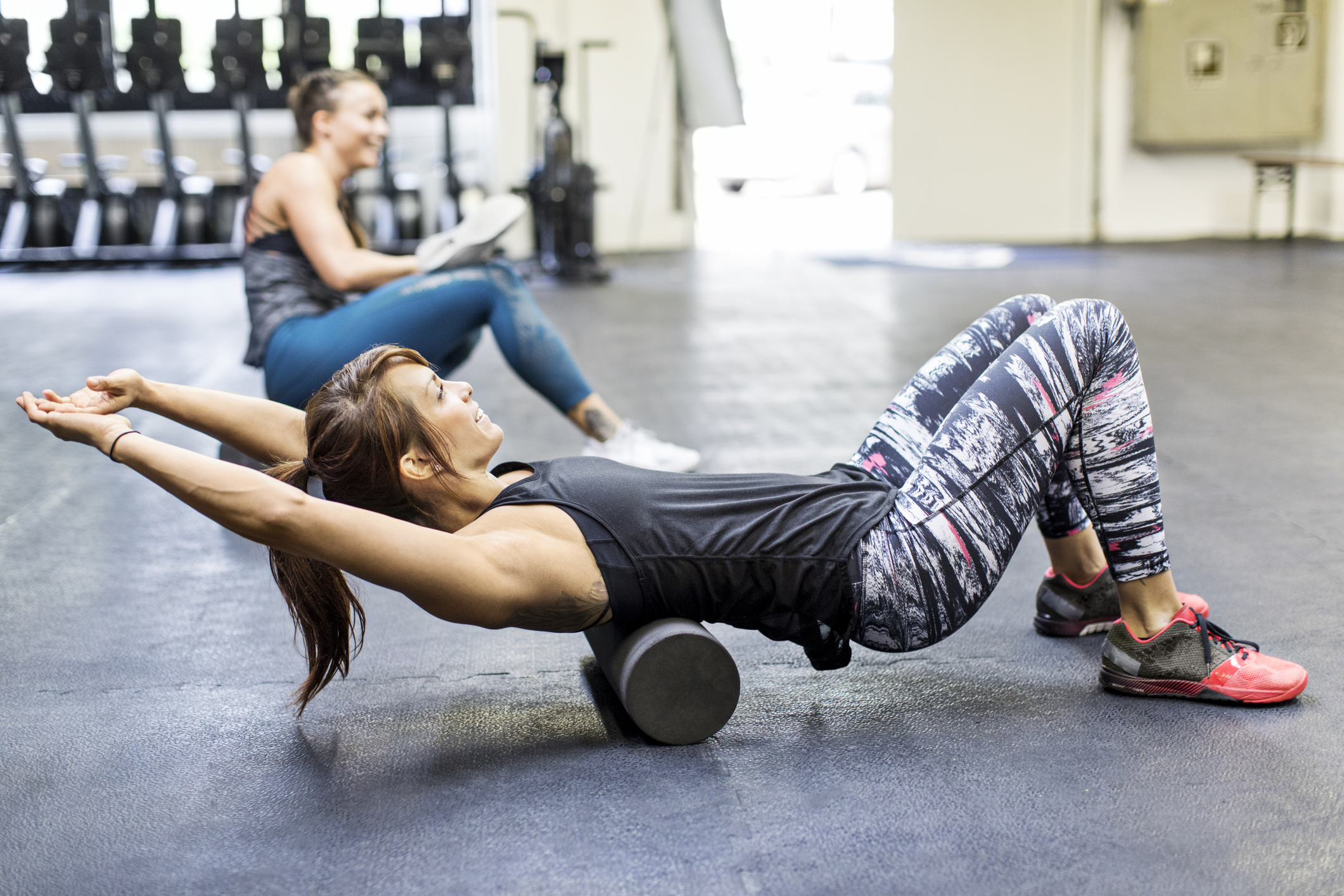-
Olympic triathlete Courtney Atkinson has successfully – and victoriously – made the transition into endurance events, taking out the 2013 Cairns Ironman 70.3 title. Moving on up in distance hasn’t been completely smooth sailing, but as he tells us below, it has been a learning experience that has taught him a lot…
How have you handled the increase in distance from Olympic to Ironman?
Last year I just went with the flow. I did what I thought was right and took a very relaxed approach to it and it worked very well. On the flip side, this year I got a little bit more serious about training. I actually think that was to my detriment. I went overboard. When we were training for two hours to go to the Olympic Games, it’s not like we weren’t doing as much possible training as we could – we were at the pinnacle of all sport at the Olympics, so what we put in was just that. So you can’t just suddenly think, “Because I’m racing an Ironman, I’ve got to do four times the training.” That’s been one of the biggest learning experiences. I know I probably do have to do a little bit more training, but it’s just finding that right amount.
How is your body coping?
Last year I probably had one of the best years of my career moving into the longer distances. If anything it actually gave my body a bit of a rest. When we train for the Olympic distance it’s very intense and you’re doing a lot of volume. You need to be able to ride a bike with power, run flat out and start the swim like a sprinter in the pool. There are so many different facets to what makes up the Olympic distance race to train for.
On the flip side with the endurance event, even though you’re racing your competitors, you’re racing yourself. You can only go as hard as what you’ve trained your body to do, otherwise you fall off the cliff and end up walking. In that respect, it has been a lot easier on the body because it’s a gradual process to get ready and you’re slowly building that fitness. When you’re racing, the speeds aren’t as high so they’re not as taxing on your muscles as the Olympic distances that just tear your body apart.
Has new technology helped or hindered your performance?
Technology is always one of those things; you get the good and the bad. Being able to actually go out and run and monitor your pace or measure your output on the bike has definitely been a massive game changer in the way we approach training. But the bad side is that you get fixated on these tools and the big trap is that you still have to know your body – you’ve still got to have that perceived effort of what you do. Personally for me, nature is the old school way. Using the terrain. I don’t think that will ever change. You can use hills, riding or running, you can swim in the open water in the ocean. You can add new facets to your training.
Going the distance: Courtney Atkinson

-
Everything you need to know about parkrun
Been wondering what a parkrun looks like? Where do you go? What do you do? How do you sign up? Find out here.
-
Five ways to exercise when on a budget
You don’t need to spend money on gym memberships just to meet your fitness goals. Here are five free ways to stay healthy and active when you’re living on a budget.
-
How parkrun changed my life
Christie Farrow went from being an exercise-phobe to a true blue runner with parkrun.
-
Australia's top female athletes unite on ACL injury
Some of Australia's most talented athletes have joined forces to highlight the unique injury challenges women face.
-
How to create your perfect summer fitness plan
Be inspired by the sunshine and get moving
-
The essential foam rolling routine
Improve posture and flexibility with this essential foam rolling routine. Discover effective stretches to ease muscle tightness and enhance your daily movement.
Subscribe to receive the best from Live Better every week. Healthy recipes, exercise tips and activities, offers and promotions – everything to help you eat, move and feel better.
By clicking sign up I understand and agree to Medibank's privacy policy

